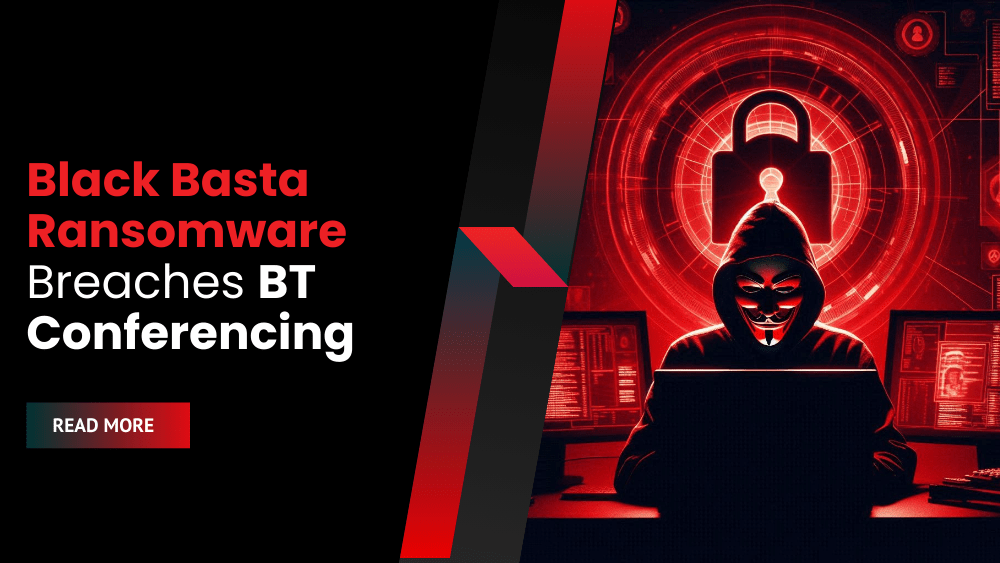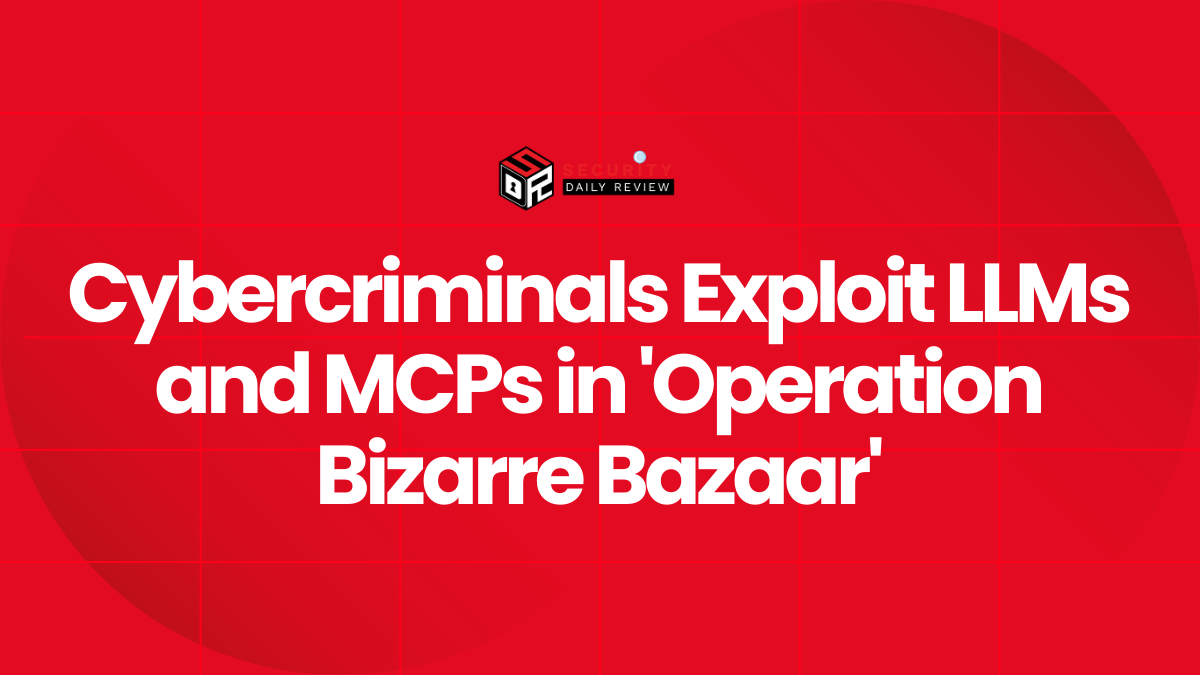BT Group’s BT Conferencing Division Faces Black Basta Ransomware Attack
Multinational telecommunications giant BT Group, the UK’s leading fixed and mobile telecom provider, has confirmed a significant security incident impacting its BT Conferencing business division. The incident involved a Black Basta ransomware attack, forcing the company to take several servers offline to contain the threat. While BT Group assures that the attack didn’t affect its core operations or BT Conferencing services, the situation highlights the growing threat of ransomware attacks against major corporations.
The Black Basta Ransomware Attack and its Impact
A spokesperson for BT Group confirmed to that the company swiftly identified and responded to an attempt to compromise its BT Conferencing platform.
“We identified an attempt to compromise our BT Conferencing platform. This incident was restricted to specific elements of the platform, which were rapidly taken offline and isolated,” the spokesperson stated.
The company emphasizes that the impacted servers did not support live BT Conferencing services, ensuring continued functionality for its users.
“The impacted servers do not support live BT Conferencing services, which remain fully operational, and no other BT Group or customer services have been affected,” the spokesperson added.
However, the Black Basta ransomware gang, known for its high-profile targets and significant ransom demands, has claimed responsibility for the attack. The group alleges it stole 500GB of data, including sensitive information such as financial and organizational data, user data, personal documents, NDA documents, and other confidential information.
To substantiate their claims, Black Basta published folder listings and screenshots of documents from BT’s hiring process on their dark web leak site. They have also set a countdown timer, threatening to leak the allegedly stolen data within a week. This raises serious concerns about the extent of the BT data breach and potential future consequences.
Black Basta’s Growing Threat Landscape
The Black Basta ransomware-as-a-service (RaaS) operation emerged in April 2022 and has quickly gained notoriety for targeting high-profile victims globally. The group’s victim list includes major players across various sectors, including healthcare, government contracting, and technology.
Some of Black Basta’s most notable victims include Ascension (a U.S. healthcare giant), Capita (a U.K. tech outsourcing firm), Rheinmetall (a German defense contractor), ABB (a government contractor), Hyundai’s European division, the Toronto Public Library, the American Dental Association, and Yellow Pages Canada.
The Cybersecurity and Infrastructure Security Agency (CISA) and the FBI reported in May that Black Basta affiliates had breached over 500 organizations, collecting at least $100 million in ransom payments from over 90 victims until November 2023. This demonstrates the significant financial and operational impact of this ransomware group.
BT’s Response and Ongoing Investigation
Despite initial statements suggesting only an attempted compromise, the scale of the alleged data theft casts doubt on the severity of the Black Basta ransomware attack against BT.
The company is actively investigating all aspects of the incident and collaborating with relevant regulatory and law enforcement bodies.
“We’re continuing to actively investigate all aspects of this incident, and we’re working with the relevant regulatory and law enforcement bodies as part of our response,” the BT Group spokesperson confirmed.
The outcome of this investigation will be crucial in determining the full extent of the damage and the long-term implications for BT Group and its customers. The incident serves as a stark reminder of the ever-evolving threats posed by sophisticated ransomware groups like Black Basta and the importance of robust cybersecurity measures for organizations of all sizes.
The situation also highlights the need for ongoing vigilance and proactive security measures to mitigate the risk of future ransomware attacks. The ongoing investigation and the potential for data leaks will be closely watched by cybersecurity experts and the wider public. The BT data breach caused by the Black Basta ransomware attack underscores the critical need for strong cybersecurity defenses and incident response plans.









